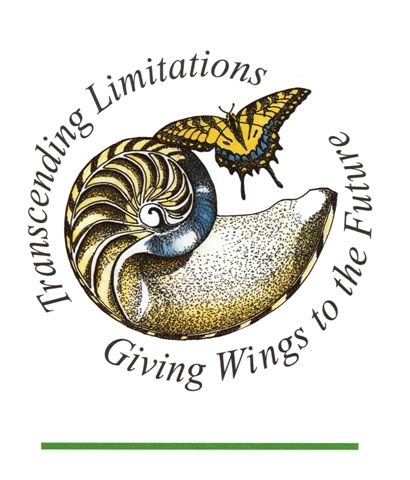“Promoting Positive Solutions,” Post-Polio Health, Volume 29, Number 2, Spring 2013
Question: I am a 62-year-old happily married mother of two. I have a history of bulbar polio and have started speech therapy for new swallowing difficulties and problems with vocal endurance. Thus far, I have been able to adjust to every change brought on by post-polio syndrome, but this new change is really hard for me.
Read More…
From the series, Polio Survivors Ask, by Nancy Baldwin Carter, B.A, M.Ed.Psych, from Omaha, Nebraska, is a polio survivor, a writer, and is founder and former director of Nebraska Polio Survivors Association.
Q: Every now and then I get a feeling of sadness over losses that I associate with my aging with polio.
Read More…
 Spirituality: It’s Personal
Spirituality: It’s Personal
Alison (Sunny) Roller, MA
Presented at PHI's 11th International Conference: Promoting Healthy Ideas (2014)
Read More…
Grace Young
My life changed course when I had polio at age nine, but I was too young to realize it. When a person is disabled in adulthood their whole world is turned upside down pretty quickly. At the age of nine, I only knew that I couldn’t walk, play outside with my friends, or go to school for a year.
But what really charted the course for my future was being a patient of a physical therapist, Miss Waddell, who had been trained by Sister Kenny.
Read More…
Nancy Baldwin Carter
One day I was running wild through the exhibits at the Thayer County Fair in Nebraska, a typical eleven-year-old shrieking uncontrollably as the Octopus ride tossed me hither and yon, winning a kewpie doll pitching plastic balls through embroidery hoops. The next, I was in bed with the “flu.”
Read More…
Every relationship is built upon unique experiences and qualities. For a relationship to succeed, both individuals will need to cope with any disability. This requires a realistic acceptance of the disability with an emphasis on what one can do, rather than on what one cannot do.
The following are brief general suggestions on how to maintain personal relationships when facing new or increasing disability (Genskow & Genskow, 1997).
Read More…